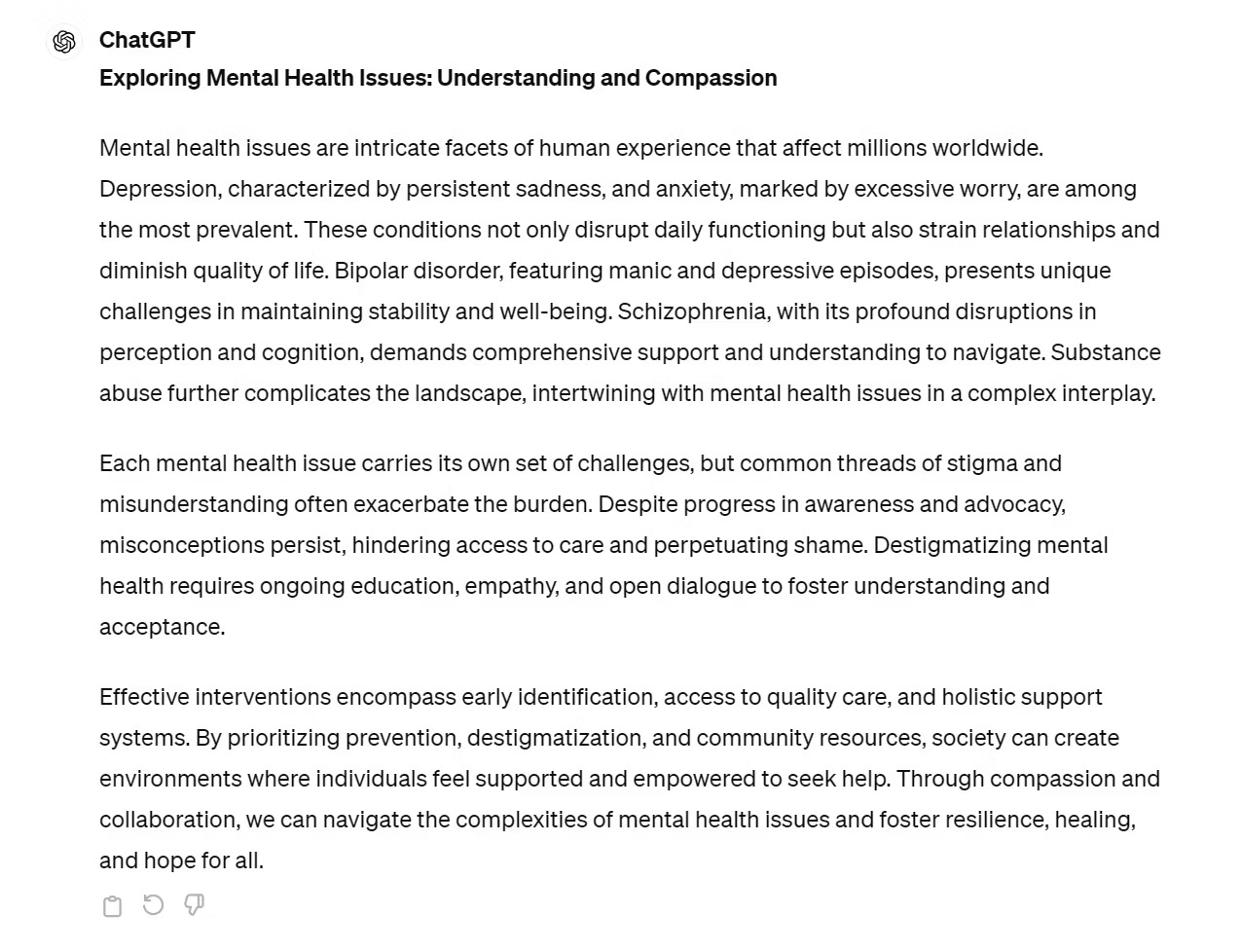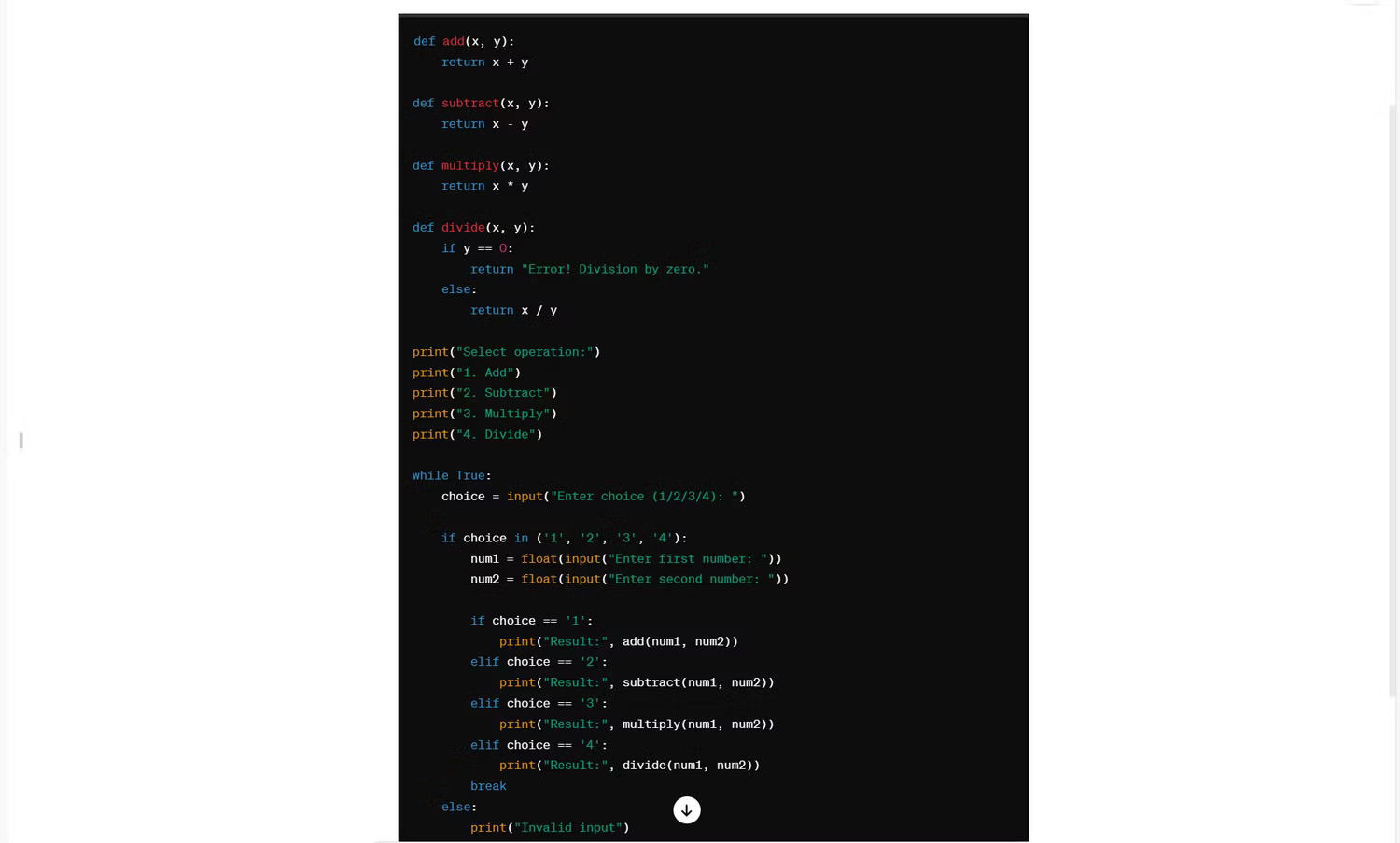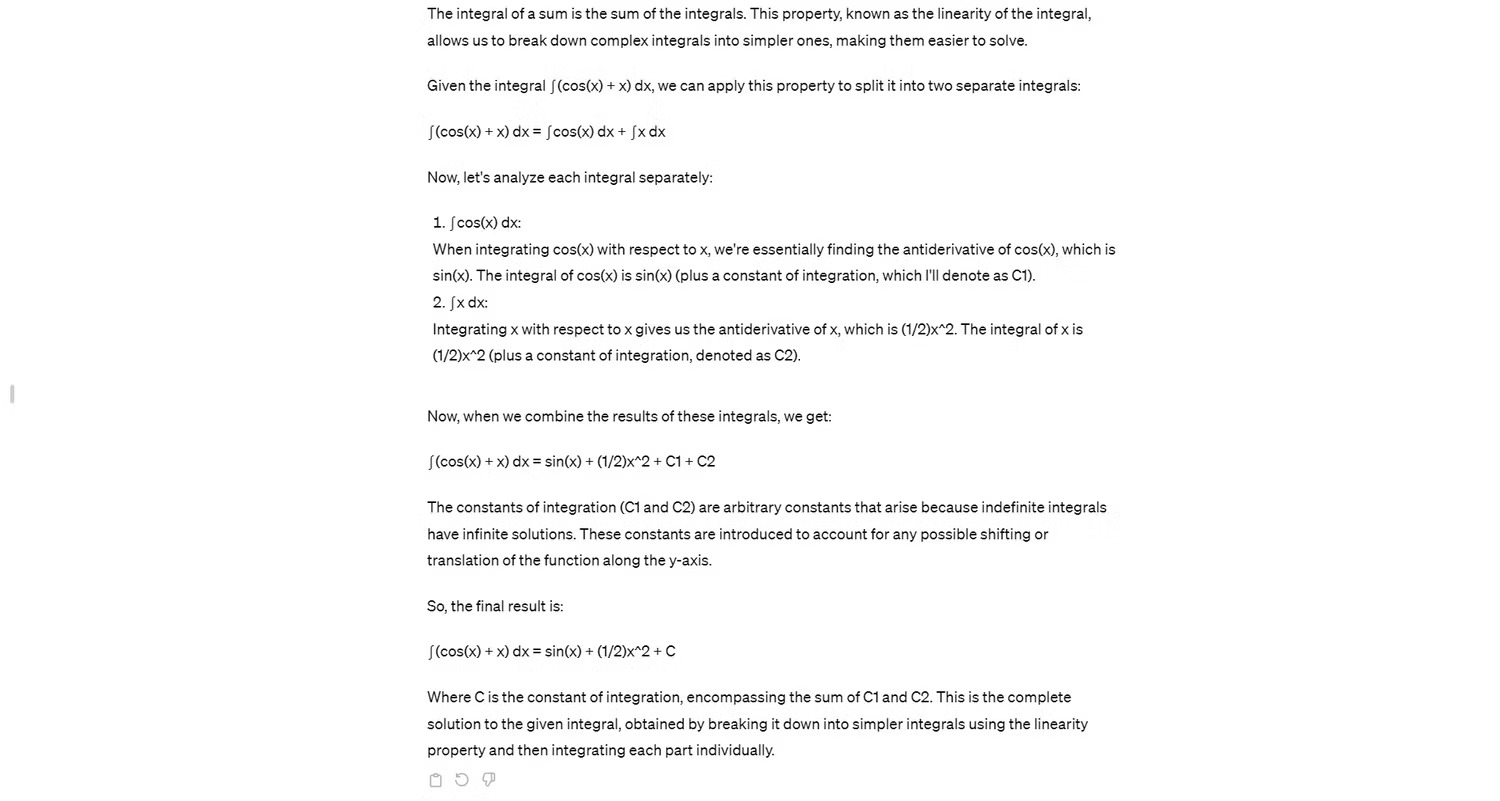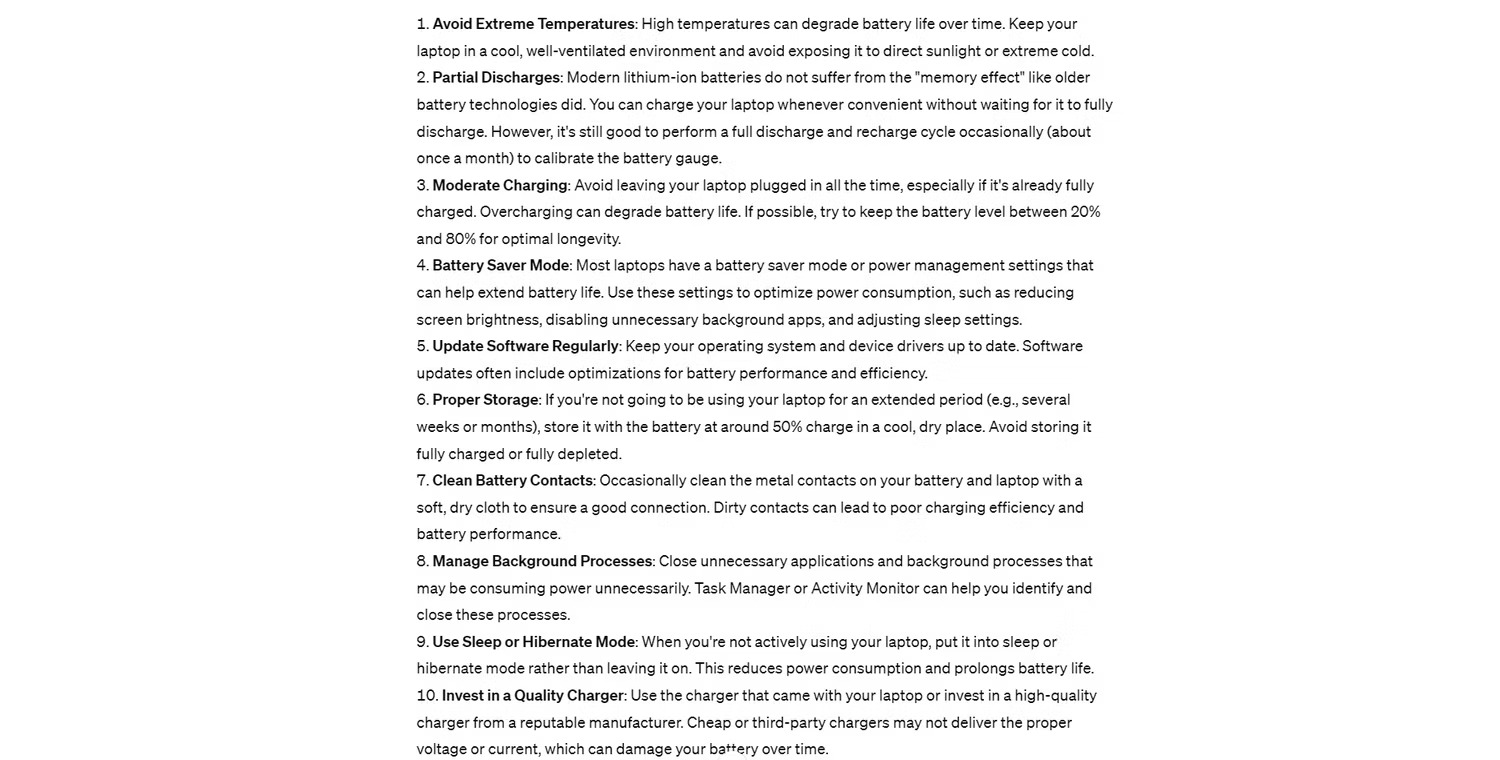Does ChatGPT have plagiarism?
Although ChatGPT can answer any question, some users wonder if its answers contain plagiarized content. To find the answer to this question, the article created 4 different types of texts using ChatGPT and then evaluated their originality using many different plagiarism detection tools.
What exactly is plagiarism and how does the LLM work?
To determine whether ChatGPT has plagiarism or not, one should first understand what constitutes plagiarism. Plagiarism involves using another person's words, ideas, or work without proper attribution. This includes directly copying text from a source without citing or closely paraphrasing another person's ideas without credit.
ChatGPT, like other large language models (LLMs), is trained on large data sets, primarily from publicly available content. However, collecting such huge amounts of data raises ethical questions, as the original creators did not consent to their efforts being used for LLM training. This leads to debates about the ethics and legality of such activities.
While ChatGPT generates responses based on the prompts it receives, the problem lies in the broader context of how OpenAI (the developer of ChatGPT) obtains the data used for training, regarding content usage. content without appropriate consent. Many people consider this to be plagiarism, and for many websites, this is content theft. However, determining the exact source of plagiarism is very difficult.
The remainder of this article will focus on whether ChatGPT plagiarizes output from other sources and does not go into specifics about the source of its responses. Check the originality of ChatGPT responses using various plagiarism detection tools to see if the chatbot uses text directly from online sources.
Does ChatGPT plagiarize essays?
This first example gave ChatGPT the task of composing a 300-word essay on mental health issues.

The author then used various plagiarism detection tools to evaluate the originality of the essay generated by the chatbot. These tools include Quetext plagiarism checker, Microsoft Word's built-in plagiarism checker, Grammarly's plagiarism checker, and Duplichecker plagiarism scanner.
Microsoft's built-in plagiarism checker shows 0% similarity to online sources. The level of plagiarism detected by other tools was also minimal: Grammarly's plagiarism detector found 4%, QueText's plagiarism detector found 5%, and Duplichecker gives a result of 0%.
Considering the small percentage of plagiarism detected, it appears that ChatGPT does not directly copy essays from existing sources.
Does ChatGPT plagiarize code?
To evaluate whether ChatGPT has plagiarized code or not, the chatbot was assigned the task of writing code for the computer in Python.

The author then conducted a plagiarism check on the code using a specialized programming plagiarism checker called Dolos, which detected 0% similarity. Additionally, when checking code with the general plagiarism detection tools mentioned above, the results were very consistent, with almost no program detecting more than a 4% plagiarism rate.
When asking ChatGPT to generate code for computers from different accounts, the responses will appear differently. This observation and the results from the plagiarism check show that ChatGPT does not copy code from online sources. Instead, it relies on a trained dataset to generate code independently.
Does ChatGPT plagiarize math solutions?
The third experiment tasked the chatbot with solving a math problem and providing detailed reasoning for each step.

To check the originality of the response, the author checked the output using several academic-specific plagiarism detection tools, including PapersOwl plagiarism checker, plagiarism scanner Trinka is powered by AI as well as common plagiarism checkers like Grammarly, Duplichecker, and QueText.
PapersOwl's plagiarism detector shows nearly 46% similarity between reasoning generated by chatbots and online sources. Similarly, the plagiarism detection tool Trinka reports a similarity level of more than 10%. Additionally, Grammarly's plagiarism detector detected 14% similarity, QueText found 17%, and Duplichecker 7%.
The finding of a high rate of plagiarism in generated answers does not mean that the chatbot directly copied the reasoning for mathematics questions from online sources. This is mainly because the solutions and solutions to math problems are often standard and widely available online.
So even though ChatGPT provides its own feedback, searching for similar answers and reasoning online is still possible, which leads to a high plagiarism detection rate.
Does ChatGPT use content from blogs?
To check whether ChatGPT used content from online blogs, the author asked the chatbot to provide tips for maintaining the laptop's battery health.

Microsoft Word detected 10% plagiarism in generated text. The Duplichecker tool showed 4%, Grammarly's plagiarism checker showed 14%, but Quetext detected 58% of plagiarism in content. Upon digging deeper, some of the text in the chatbot's response matched content on a few blogs.
To double check whether the high plagiarism detection was coincidental, the author asked the chatbot a few more questions about the information available online. The rate of plagiarism in generated answers is much higher. Based on testing, it appears that the chatbot sometimes uses phrases and text from online sources, which is quite surprising.